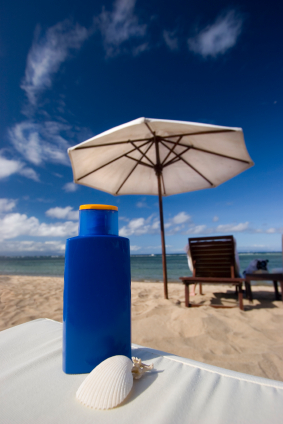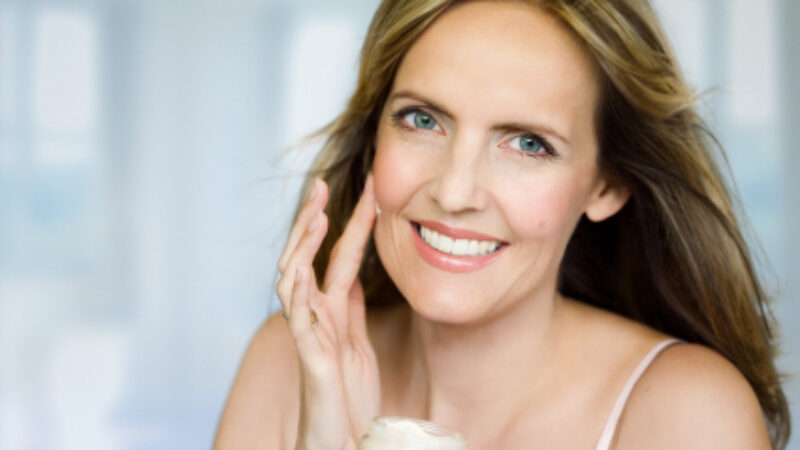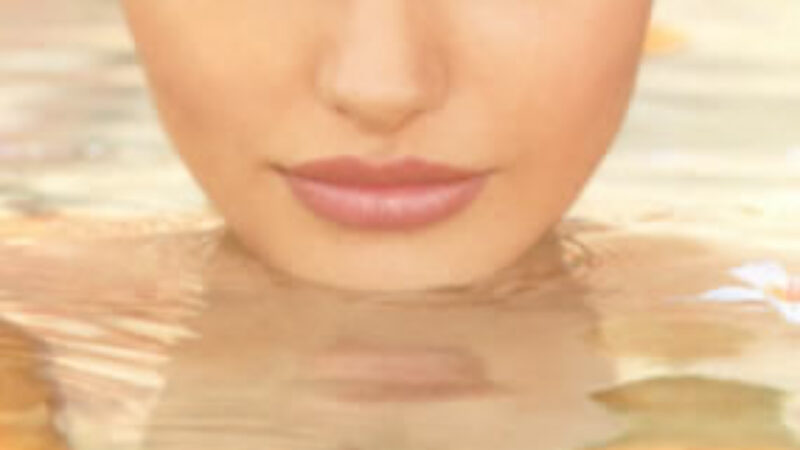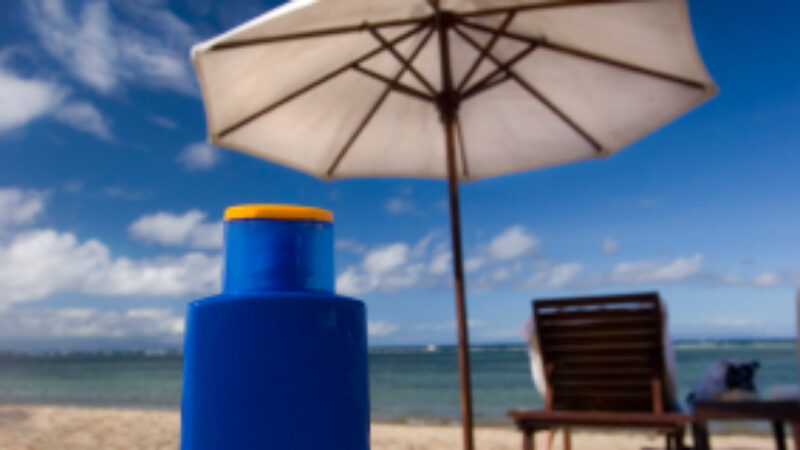Over the past few years, you may have read reports on the internet and from other sources that sunscreen use can increase the risk of skin cancer. There are some ‘conspiracy’ theories as to how this assumption arose, one including a rumor perpetuated by tanning bed manufacturers to assure people that tanning beds are safe. (they’re not). Whether this is true or not is of course speculation, but it’s easy for rumors to spread.
Before you decide that you should stop using sunscreen altogether, keep in mind that many well respected organizations including the American Academy of Dermatology, the Canadian Dermatology Association and the Australian government strongly advise using a sunscreen that will protect against the full range of UVA and UVB rays (280 to 400 nanometers) whenever you are exposed to the sun to reduce the risk of skin cancer. So why is it that some individuals believe that sunscreens actually cause cancer?
Due to awareness of the link between sun exposure and skin cancer, sunscreens are used more widely today than years ago. Yet despite the awareness, the number of cases of melanoma and other skin cancers continues to rise. The conclusion? Sunscreens must cause skin cancer.
So are sunscreens really increasing the rate of skin cancers? Many health care professionals contend that in actuality that sunscreen users feel overly confident about being protected under the sun when using sunscreen. And others may be choosing inferior products that are only offering partial coverage againt the sun’s UV rays. That’s why it’s so important to read labels and know whether the filters in the formulation are giving you full protection against both UVB and UVA rays. It’s also important to remember that your first line of defense against the sun’s harmful effects isn’t sunscreen, rather smart sun habits. This includes covering up with sun protective clothing like hats, long sleeves and sunglasses; seeking shade where possible; and staying out of the sun between the hours of 10 am and 4 pm when the sun’s rays are most intense.
Why UVA And UVB Protection Is Critical
Most healthcare professionals will agree that the proven benefits of UVA and UVB protection are far greater than the speculated risks of using sunscreens. We may not know for certain whether sunscreens lead to cancer (though it seems unlikely); we do know about the damaging effects that UVA and UVB rays have upon our skin and bodies. Both can lead to the development of skin cancer. The longer UVA rays can also lead to signs of accelerated aging such as wrinkles, leathery and sagging skin. It’s important that we protect ourselves from these rays with effective sunscreens that provide broad-spectrum coverage.
The use of topically applied antioxidants such as vitamins C and E can also protect skin from sun damage by boosting the effectivness of your sunscreen. Some sunscreens incorporate these vitamins. You may also want to consider applying a product like La Roche Posay Active C XL or La Roche Posay Active C that contains vitamin C prior to sunscreen application.
Which Sunscreen Works Best?
As a consumer, you have the choice of hundreds of sunscreen formulations to choose from. You probably realize that the level of protection offered by many of these sunscreens is less than ideal. Typically, the SPF or Sun Protection Factor (arguably, the measure by which most people judge the effectiveness of a sunscreen) reflects UVB protection only. An SPF rating doesn’t tell you how much UVA protection you’re getting as a UVA rating system has not yet been developed for North America.
Sunscreens formulated with Mexoryl SX and Mexoryl XL as found in Anthelios sunscreens, protect against both UVA and UVB rays. Because each of us has a different skin type and lead different lifestyles, there are numerous Anthelios sunscreens available. Anthelios XL SPF 60, one of the best selling sunscreens in the Anthelios line offers face and body protection; Anthelios XL SPF 50+ Fluide Extreme is ideal for oily or sensitive facial protection.
Protecting your skin from the ravages of the sun’s UV rays is critical. The benefits of doing so overshadow any potential (and as yet, unproven) risks of using sunscreens. Until a definitive link between sunscreen usage and skin cancer has been established, there’s every reason to continue enjoying the proven advantages of a well formulated sunscreen like Anthelios.





Don’t forget the UV protective clothing! Surfers have used rash guard shirts for years but it’s just recently that the SPF 150+ protection these shirts provide while you’re in the water has been discovered by the rest of the beach going population.
nice tips actually thankx for sharing
You’re right, UV protective clothing is certainly another option to protecting skin from UV rays.